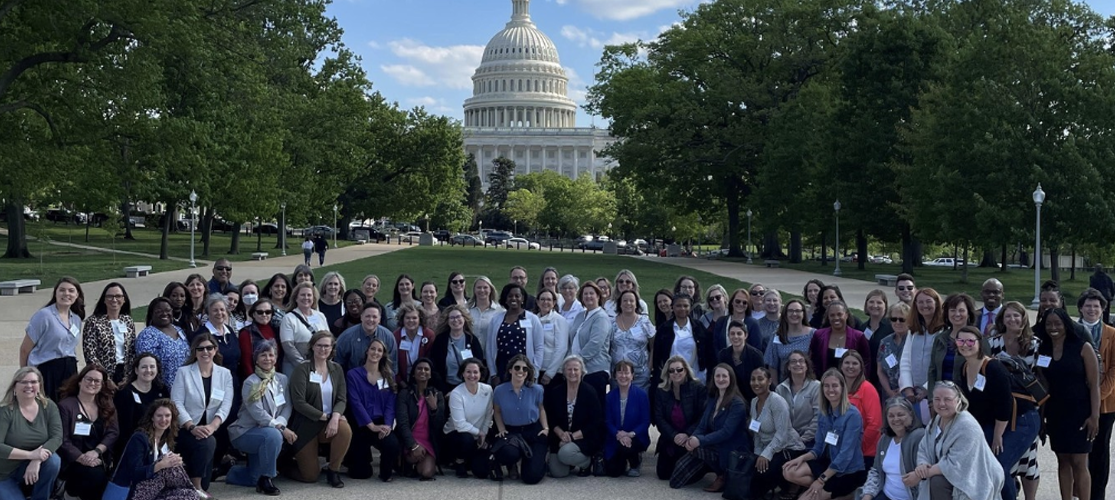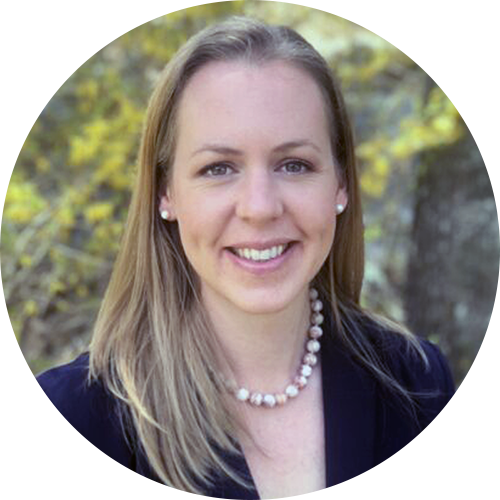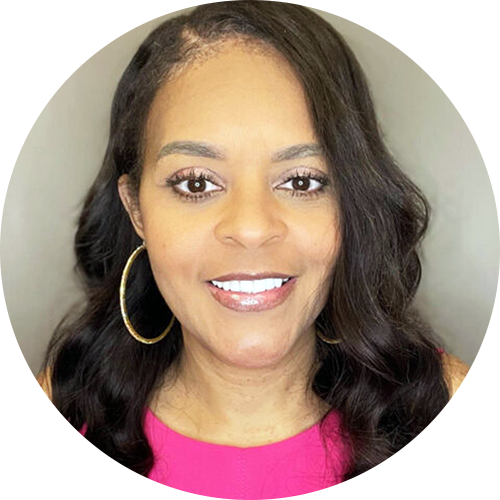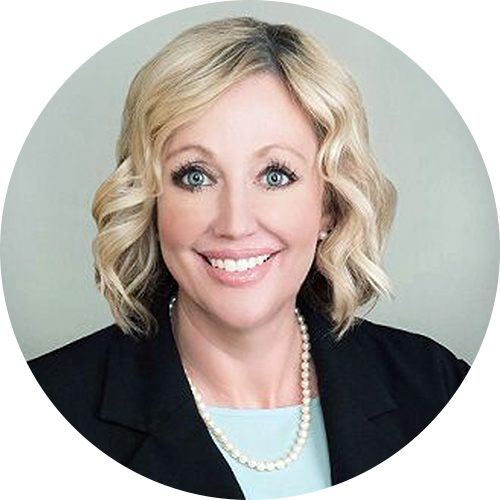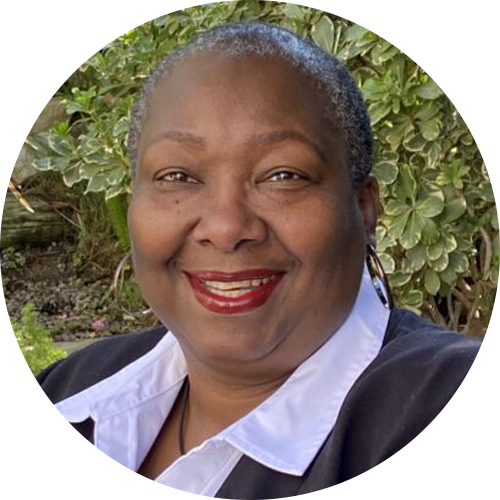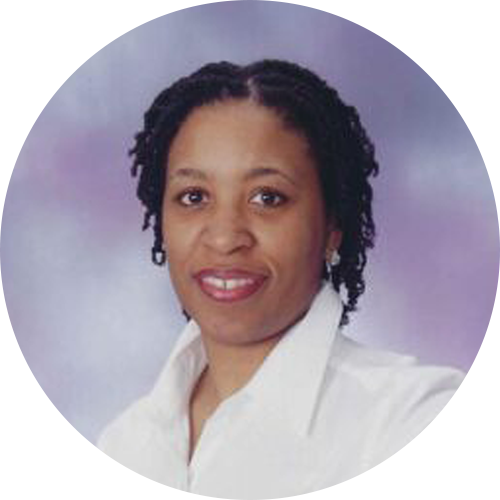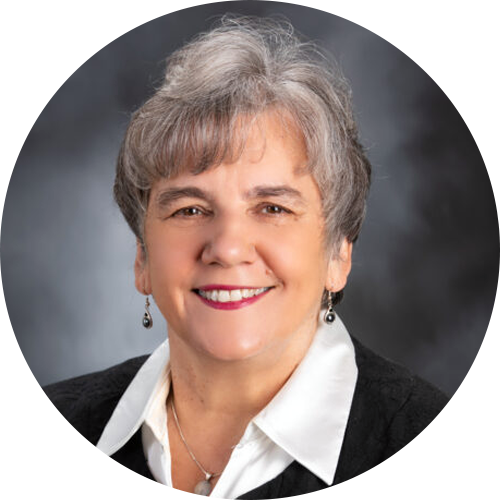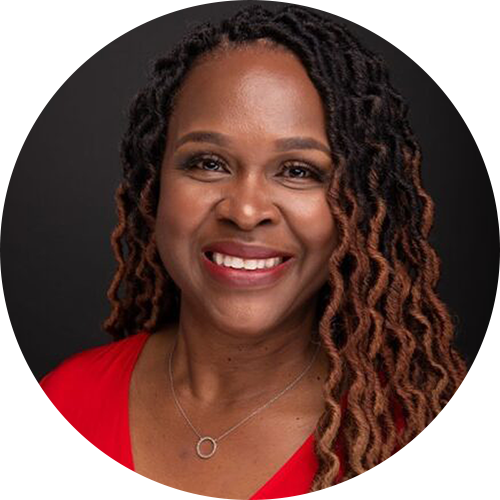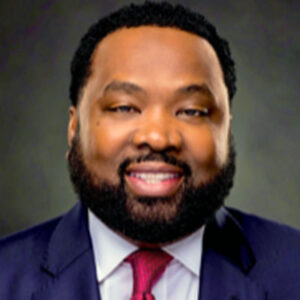Friday, June 9, 2017
Father’s Day is just around the corner, and the Journal of Obstetric, Gynecologic, & Neonatal Nursing (JOGNN) and Healthy Mom&Baby, both from the Association of Women’s Health, Obstetric and Neonatal Nurses (AWHONN), recently published articles that highlight the fact that bonding with their babies is just as important for fathers as for mothers. When fathers delay bonding with their newborns, they risk altering the long-term course of paternal involvement as the infant progresses throughout childhood and adolescence. Delayed bonding also increases the risk of paternal postpartum depression.
In the study published in JOGNN, “fathers reported that they didn’t start to experience fatherhood until birth”. On the other hand, mothers reported that they started to experience motherhood as soon they received news that they were pregnant. Most fathers enter parenthood expecting an immediate emotional bond with their newborns, but report that bond takes time. In fact, some fathers still did not feel bonded to their infants as long as 6 weeks to 2 months after birth. In an article in the Journal of the American Medical Association the authors reviewed 43 studies on depression in new fathers. They found that prenatal and postpartum depression was evident in about 10% of men in their studies and was relatively higher in the 3- to 6-month postpartum period.
Successful father-infant bonding during the immediate postpartum period has been shown to have several benefits for the infant: it reduces cognitive delay, promotes weight gain in preterm infants, and improves breastfeeding rates.
“Father-infant bonding is an issue that is not discussed enough and is just as important as a mother-infant bonding during the immediate postpartum period” said AWHONN’s Chief Executive Officer, Lynn Erdman, MN, RN, FAAN. “It is vitally important for a father to interact and bond with his newborn to help the infant’s development and to reduce the risk of paternal postpartum depression.”
Dads can start to bond with their newborns by practicing these tips:
- Jump right in. Don’t be afraid to begin immediately caring for and loving your baby. The more you hold your baby, the more comfortable and natural it will feel.
- Take a night shift. Once mom is breastfeeding well, she may want to let you give the baby a nighttime meal. This way she can get more sleep and you will have the opportunity to bond with your newborn.
- Read your newborn a book. Your newborn will enjoy the rhythm and pace of your voice while you read a book. In these early months, it’s not about what you’re reading; it’s about reading itself.
- Initiate the bath. Bathing your newborn will enhance bonding and provide a multi-sensory learning experience.
- Create a bedtime ritual. Infants will learn to depend on the consistency and predictability of a nighttime routine.
- Whether this is your first or your second father’s day, absorbing these new bonding techniques will help bring you and your newborn together in a powerful way.
For media interviews, contact:
Mary Elizabeth Elkordy for AWHONN
(202) 261-2447
melkordy@awhonn.org
###
About JOGNN
Now in its 46th year of publication, the Journal of Obstetric, Gynecologic, & Neonatal Nursing (JOGNN) is an internationally ranked scientific and technical journal published bimonthly by the Association of Women’s Health, Obstetric and Neonatal Nurses. JOGNN is online at www.jognn.org.
About Healthy Mom&Baby
Powered by the nurses of AWHONN, Healthy Mom&Baby magazine and website is nurse-expert-authored health and wellness advice, from preconception and pregnancy to labor, birth and parenting. More than 1.2 million women a year receive the quarterly magazine, read the free online magazine flipbook and gain practical advice and information from nurses at Health4Mom.org. Follow Healthy Mom&Baby on Facebook and Twitter. Healthy Mom&Baby is published by AWHONN in partnership with Maitland Warne.
About AWHONN
Since 1969, the Association of Women’s Health, Obstetric and Neonatal Nurses (AWHONN) has been the foremost authority promoting the health of women and newborns and strengthening the nursing profession through the delivery of superior advocacy, research, education, and other professional and clinical resources. AWHONN represents the interests of 350,000 registered nurses working in women’s health, obstetric, and neonatal nursing across the United States. Learn more about AWHONN at www.awhonn.org.

